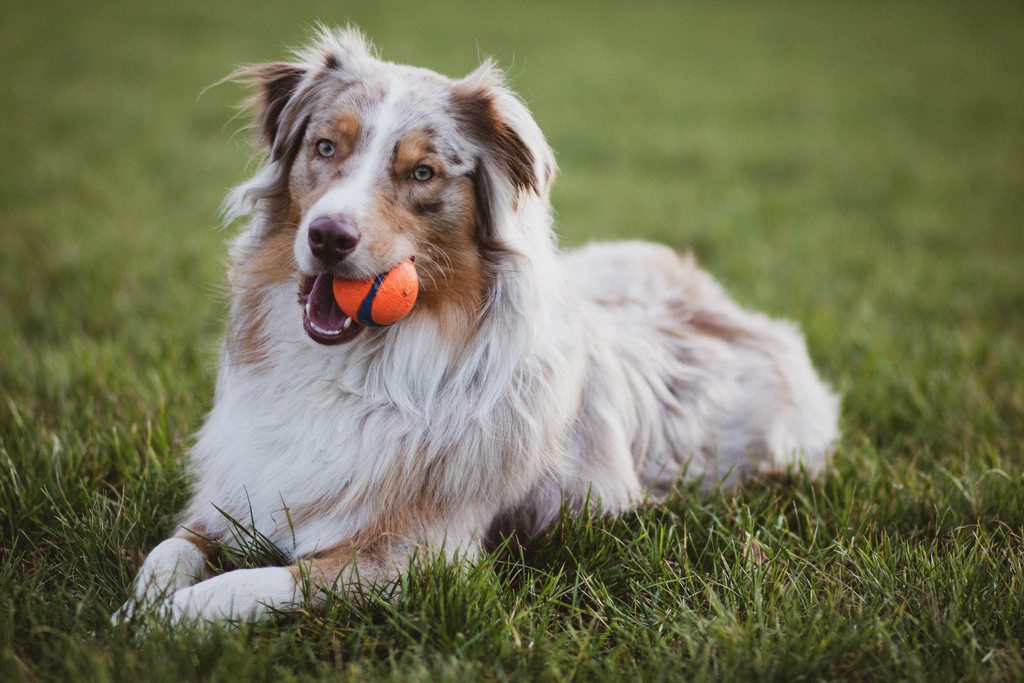Recognizing And Treating Lung Cancer In Dogs 2024
While lung cancer in dogs is relatively rare, there is still a very small chance that your canine best friend could be afflicted with this serious disease.
Failing to detect lung cancer early can make overcoming this health issue challenging for you and your dog. It may even put your pet at risk of fatal consequences sooner or later!
We've put together this blog post to get you in on the important things you need to know about dog lung cancer, particularly its clinical signs and risk factors, how it's diagnosed, as well as the treatment options that you can go for.
If you need to know anything else about cancers affecting dogs, please refer to our complete guide to dog cancer for more details.
What Is Lung Cancer In Dogs?

Both primary lung cancer and its secondary counterpart are set off when abnormal cells start developing in the lung lobes and similar areas. A single primary lung tumor may also become malignant and progress into primary lung carcinomas if not properly dealt with.
Dogs lung tumors don't instantly become cancer but...
A "primary tumor" refers to a tumor that first develops in the lungs and may distress the entire lung lobe in just a short time. While a dog's tumor does not automatically turn into cancer, high-grade tumors often do when they affect the lungs.
Just to emphasize, primary lung tumors are often one singular growth, whereas metastatic tumors generally present as multiple, smaller growths. They may even become metastatic lung tumors in the process, which can spread to a dog's lymph nodes and other organs if not given timely medical attention.
Moreover, if a cancer originated from a particular part of a dog's body and not from a different one, it is called a "primary cancer." A "secondary cancer" has already spread to other parts of the body, such as the lymph nodes.
This is the reason why getting a dog diagnosed with cancer early—whether it is metastatic cancer or otherwise—can have a crucial effect on his chances of recovery and average survival time. His life expectancy, sadly, will also be impacted.
Are There Cancer-Causing Agents or Factors in Dogs?

Akin to other types of canine cancer like squamous cell carcinoma, there is still yet a specific cause to be pinpointed when it comes to lung cancer. However, the following "risk factors" are postulated to have a link with this disease:
Age
Older dogs that are in their senior years are often vulnerable to developing lung cancer because of the significant dip in the overall immune response. It is important to remember that boosting your pet's immune system health is essential to help him keep clear of disease and illness.
Environmental factors
What's really surprising is that dog lung cancer (not to mention lung tumors) may be triggered by possibly increased exposure to certain substances and chemicals. These include cigarette smoke, emissions from vapes, oven cleaners, and similar products that can have a harsh effect on your dog's lungs.
Heredity and breed
Most lung cancers diagnosed are among certain breeds, such as Rottweilers, German Shepherds, Boxers, Golden Retrievers, and Bernese Mountain Dogs. Learn more when you check out our in-depth article on the dog breeds that are prone to cancer.
Underlying health issues
Your dog may also be at risk of developing lung cancer if he has underlying conditions like obesity and diabetes. This may have a connection with the negative effects of the same on your dog's overall immune system health. A lung tumor may not easily develop if his immune response is kept ideal.
Are Primary Lung Tumors the Same as Primary Lung Cancer?
The short answer is no.
Dogs diagnosed with a primary lung tumor is not the same as being diagnosed with a primary cancer of the lungs. A tumor is associated with the development of abnormal growths in a dog's body, while a cancer has to do with the proliferation of abnormal cells in and around the chest cavity.
Symptoms of Lung Cancer

What's really alarming is that the signs of lung cancer may not be easily detected since most dogs tolerate pain and discomfort well, unless they can't bear it anymore. It’s important to note that 25% of dogs don’t show any symptoms—until it's too late.
The following are the symptoms of lung cancer that you need to keep an eye on:
-
Difficulty or persistent rapid breathing
-
Labored breathing even during rest
-
Coughing
-
Inability to exercise
-
Weight loss
-
Lethargy (usually coupled with unexpected weight loss)
Diagnostic testing is a must to plan out your treatment options
We'd like to point out that the symptoms of lung cancer can be pretty tough to determine without diagnostic testing by a primary care veterinarian or perhaps a veterinary oncology team. These may include a computed tomography or CT scan, an abdominal ultrasound, chest x-rays, as well as fine needle aspiration in some cases.
Further testing for related symptoms involving a CT scan and other relevant procedures may also be required to have a dog appropriately diagnosed with lung cancer. This is to check if the cancer spread already to other lung lobes or other areas like the lymph nodes.
Additionally, common conventional treatment options for dogs diagnosed with lung cancer are surgical removal, radiation therapy, chemotherapy, or a combination of these.
Lung Cancer in Dogs: Stages
The majority of tumors found in dogs are metastatic, not primary.
But the thing is that metastatic lung cancer in dogs often develops in the later stages. This means that if your pooch has a metastatic tumor in his lungs, it has most likely progressed to a more severe stage.
Primary lung tumors in dogs are very likely to spread to other parts of the body, such as the lymph nodes or other parts of the lungs. These may have to be surgically removed. In the later stages of primary cancer, up to 90% of dogs will see the tumors spread outside the lungs.
Lung Cancer in Dogs: Life Expectancy
Life expectancy for lung cancer in dogs can range anywhere from two (2) months to nearly two (2) years. The outlook is best for dogs with a singular primary lung tumor that has not yet spread to different locations. Note: He still has not been diagnosed with lung cancer yet.
Metastatic lung cancer in dogs has the worst outlook. If it has already spread to other areas, such as the lymph nodes, life expectancy might be as little as a couple of months. This is often the case with multiple tumors in a dog's lung or lungs.
Again, being familiar with the signs of lung cancer in dogs is crucial!
Can Lung Cancer in Dogs Be Treated Naturally?

Unlike what a lot of pet parents mistakenly think, conventional options like surgical treatment, radiation therapy, as well as chemo are not your only choices when it comes to dealing with lung cancer (and lung tumors) in dogs.
You can utilize your dog's very own immune system to help him fight disease and illness using premium natural products like PIPTOPET, which is designed as a homeopathic cancer treatment for dogs.
PIPTOPET is made from a mushroom called Fomitopsis betulina which has been seen to have "anticancer, neuroprotective, and immunomodulating activities." It is not as invasive as having the lung cancer surgically removed or putting your dog at risk of adverse side effects when he is administered with chemo or radiation therapy.
In sum, PIPTOPET helps your pooch overcome this serious disease using natural means! If you're looking to get on top of your beloved dog's overall health, you can simply schedule an online consultation with a certified pet homeopathy professional right now.






Leave a comment